The case, Trump v. Illinois, stems from a dispute over Trump's use of the National Guard to suppress a small protest at an immigration facility in Broadview, Illinois, in 2023. The protest, which ranged in size from a few dozen people to about 200, was met with a heavy-handed response from the Trump administration, which deployed National Guard troops to the scene. Two lower courts subsequently ruled that Trump's use of the National Guard in this way was illegal, prompting Trump to appeal the decision to the Supreme Court.
The Supreme Court, which has a Republican majority, has signaled that it may not let Trump off the hook, with several justices expressing concerns about the potential for the executive branch to use military force against American citizens. "The use of the National Guard to suppress peaceful protests is a clear overreach of executive power," said Justice Sonia Sotomayor, a liberal member of the court. "We must ensure that the Constitution is upheld and that the rights of American citizens are protected."
The case has sparked a heated debate about the role of the military in domestic law enforcement and the limits of executive power. "The Supreme Court has a critical role to play in ensuring that the executive branch does not abuse its power," said Senator Chuck Schumer, a Democrat from New York. "We must ensure that the court upholds the Constitution and protects the rights of American citizens."
Background on the case dates back to 2023, when the Trump administration deployed National Guard troops to the immigration facility in Broadview, Illinois, in response to a small protest. The protest, which was peaceful and lawful, was met with a heavy-handed response from the Trump administration, which used the National Guard to disperse the crowd and arrest several protesters.
The case has been making its way through the courts for several months, with two lower courts ruling that Trump's use of the National Guard was illegal. The Supreme Court has agreed to hear the case, and a decision is expected in the coming weeks.
The implications of the Supreme Court's decision could be far-reaching, with potential consequences for the balance of power between the executive and legislative branches. "If the Supreme Court allows Trump to use the National Guard to suppress peaceful protests, it will set a dangerous precedent for future administrations," said Senator Bernie Sanders, a Democrat from Vermont. "We must ensure that the court upholds the Constitution and protects the rights of American citizens."
The Supreme Court is expected to issue a decision in the coming weeks, with several justices signaling that they may not let Trump off the hook. The case has sparked a heated debate about the role of the military in domestic law enforcement and the limits of executive power, and the implications of the Supreme Court's decision could be far-reaching.
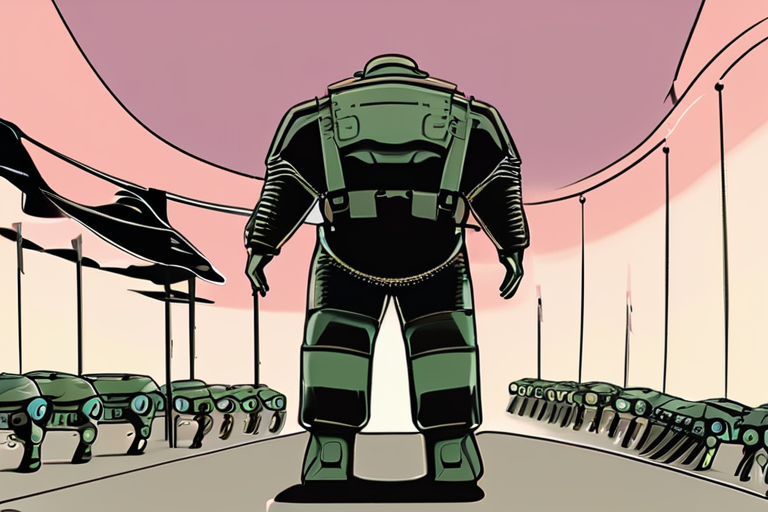


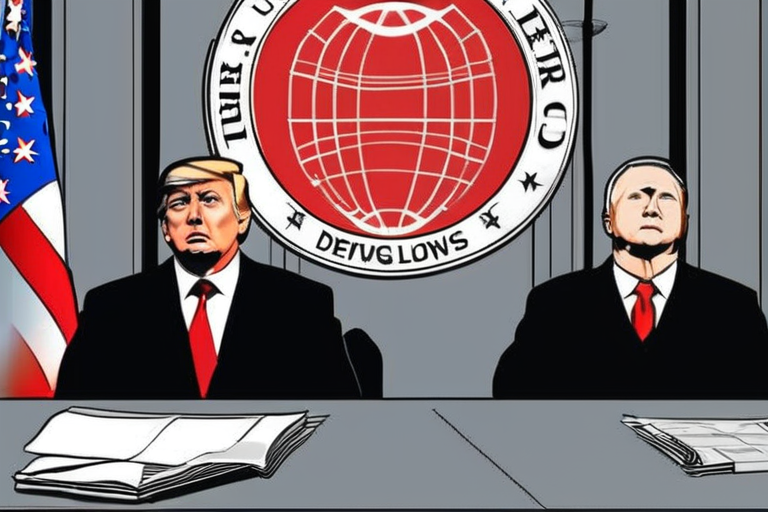
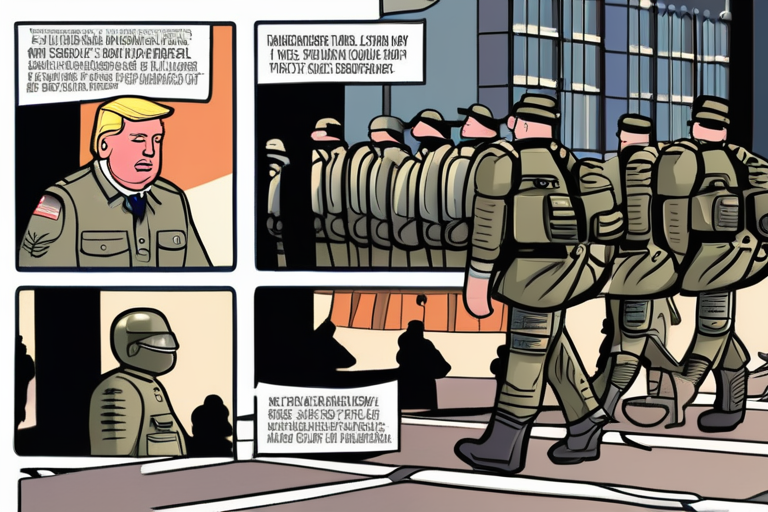


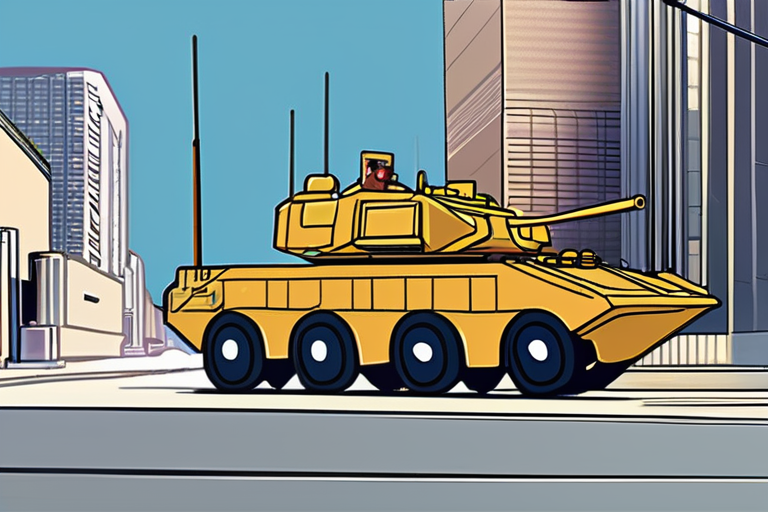

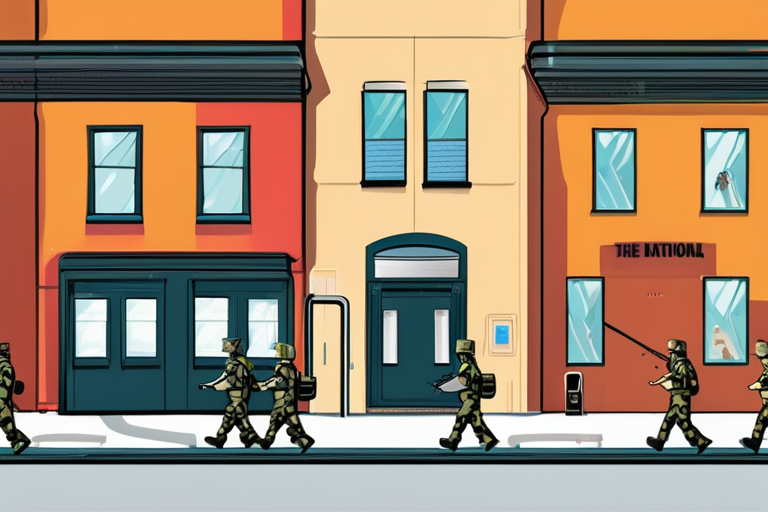
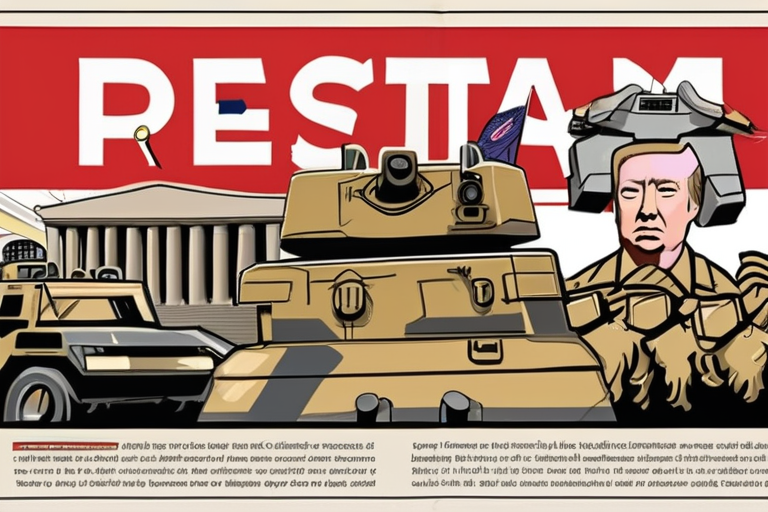
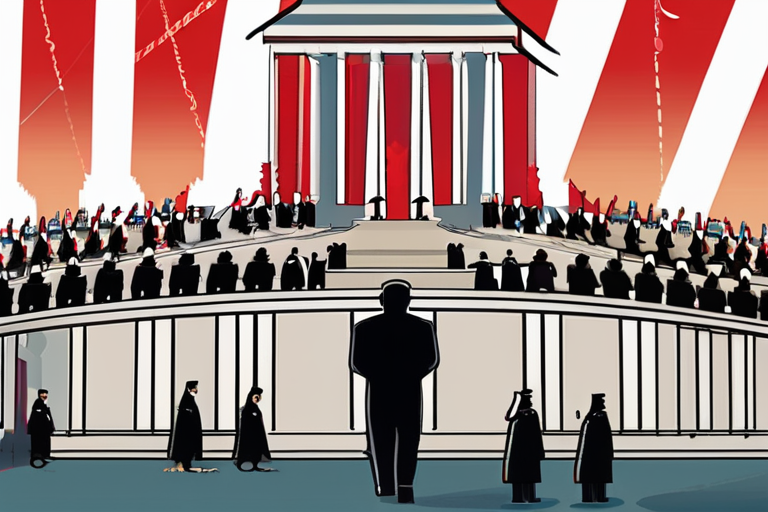


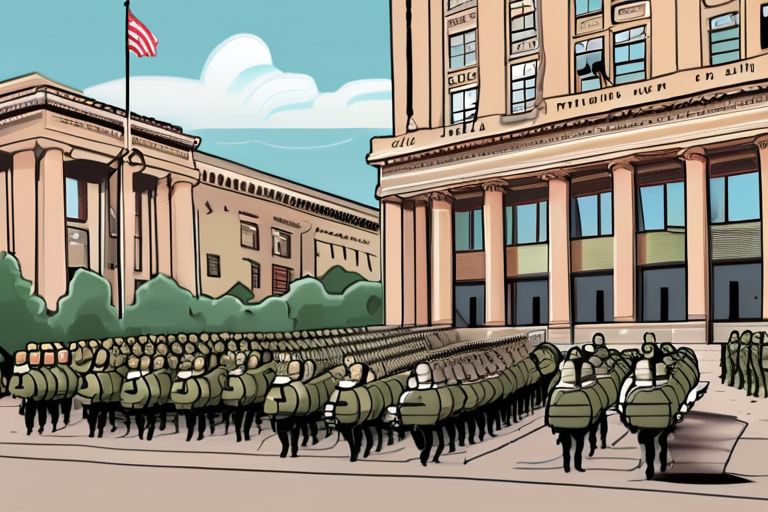
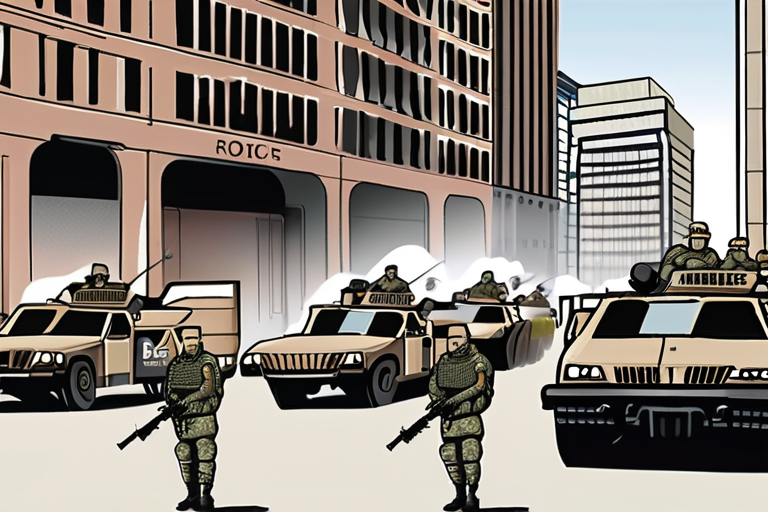
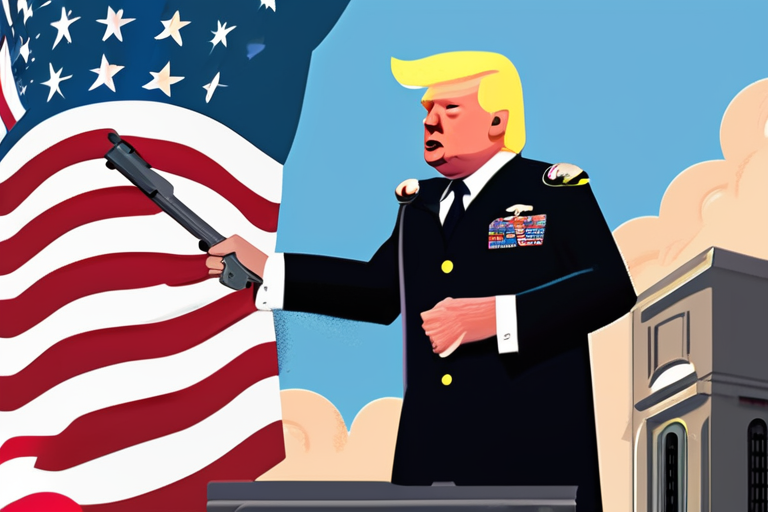
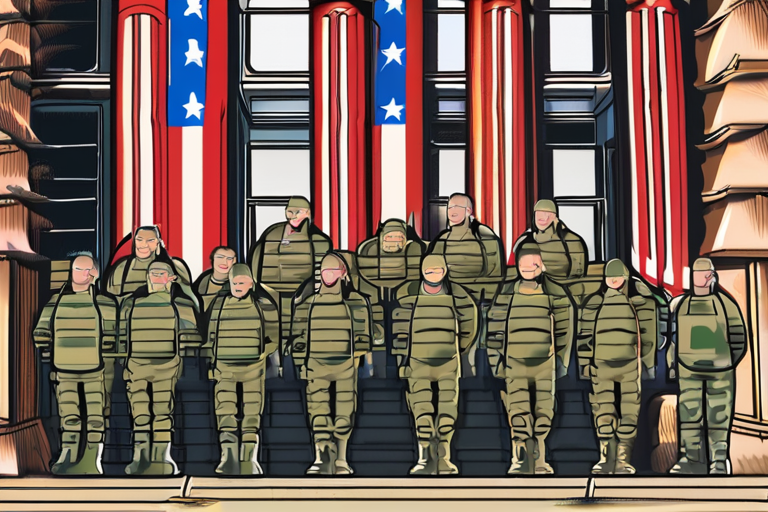
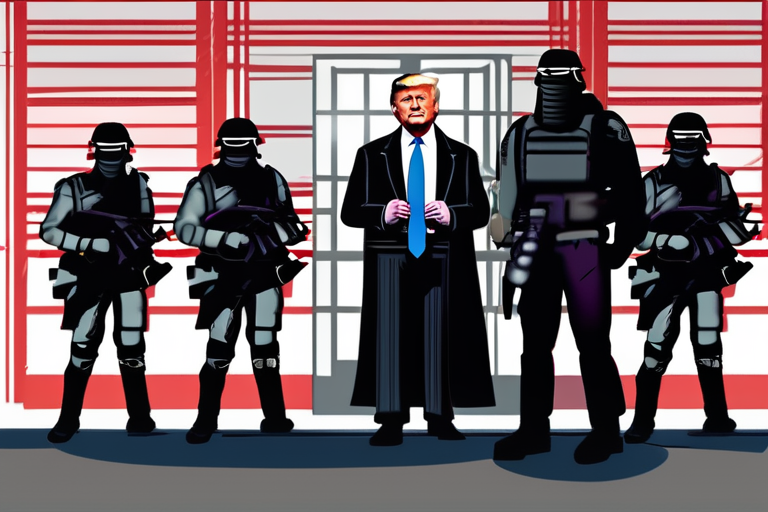

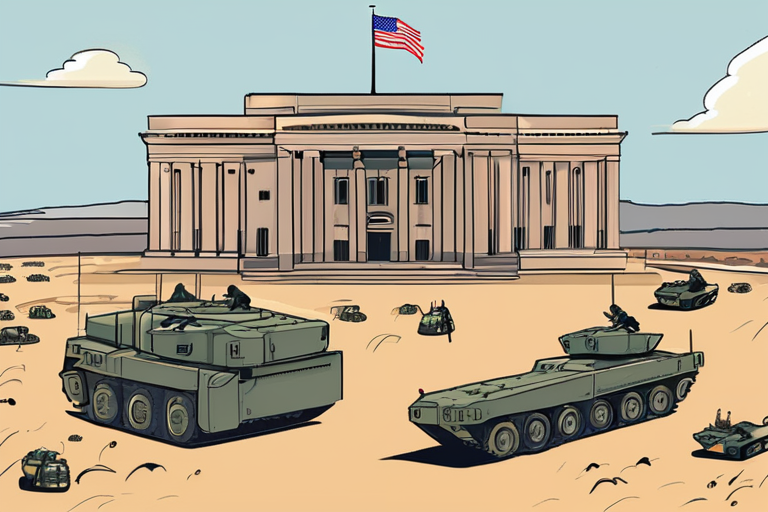


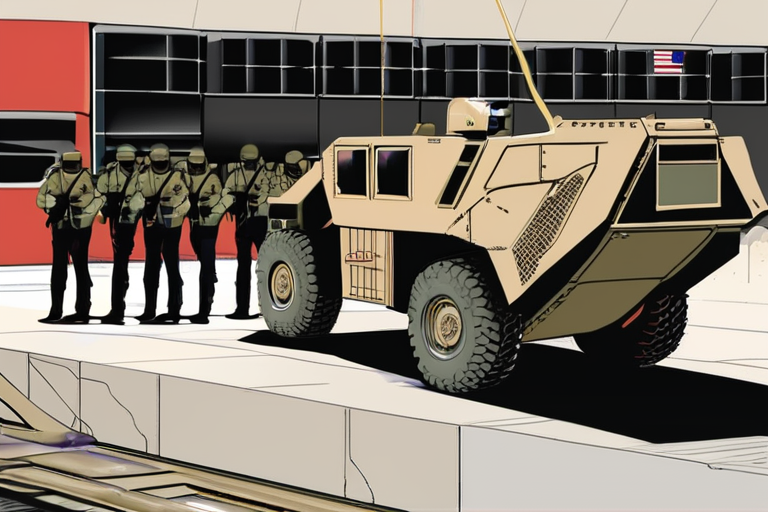
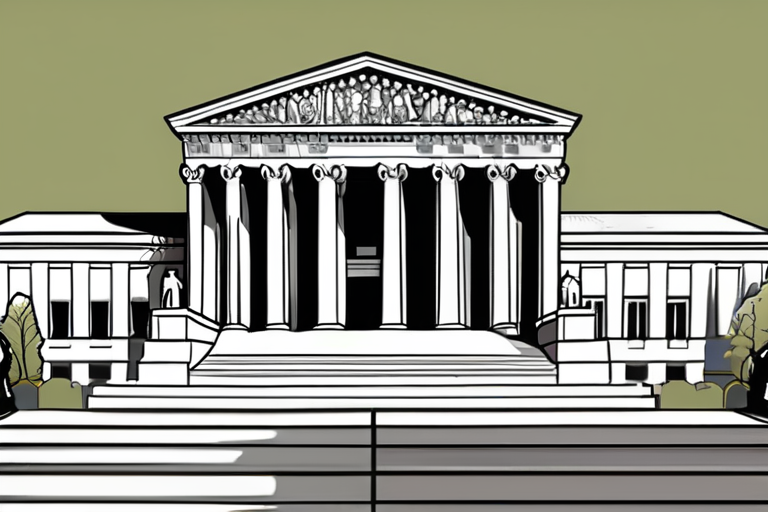
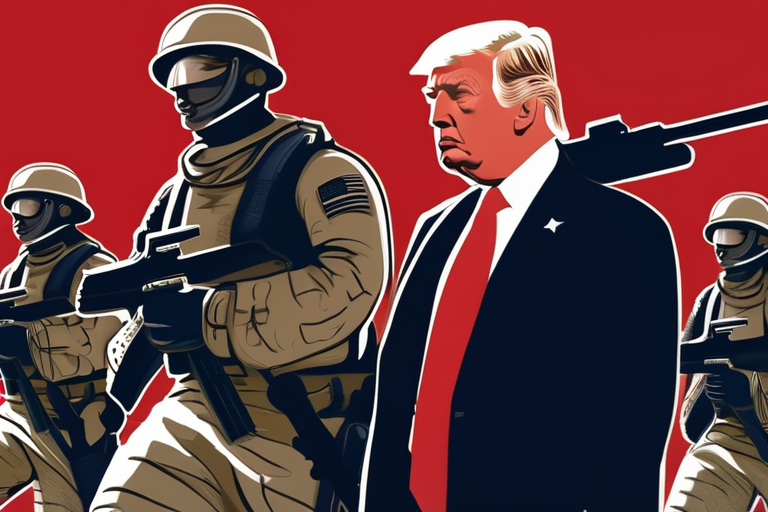
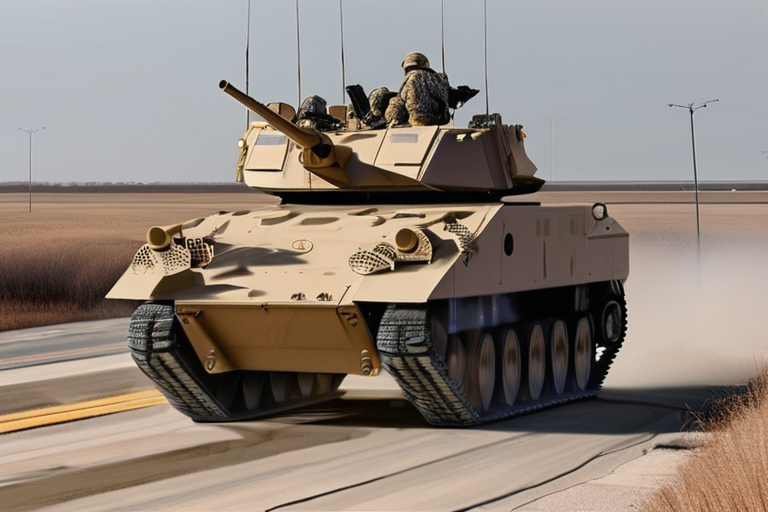
Share & Engage Share
Share this article